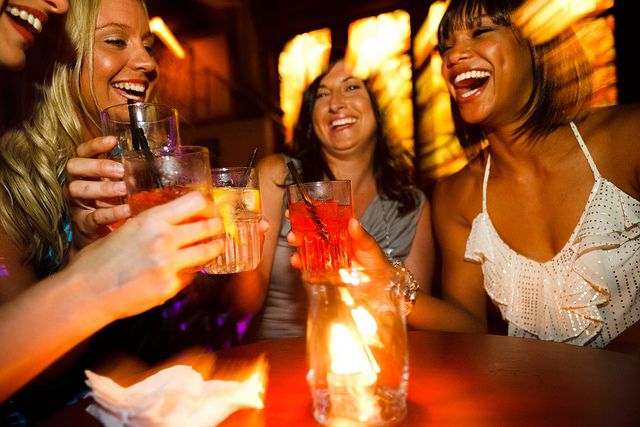Several nightclub operators from towns across Denmark say that women in their clubs have felt harassed by male asylum-seekers and refugees.
Women in Thisted, Sønderborg and Haderslev reported they have been groped and received unwanted offers of sex.
The owner of a disco in Sønderborg said his city’s nightlife has changed since a local military base was converted into an asylum centre six months ago.
“It has to be said that many of the male guests coming from the local asylum centre find it very difficult to respect the opposite sex,” Glenn Hollender from the Den Flyvende Hollænder disco told TV Syd. “In my eyes, it is a violation if one or more men continues to touch a young girl after she has said stop.”
“When they see a girl, they go crazy”
The first Syrian refugees came to Haderslev in 2014. A large number of those arriving in the small Jutland were single men, and local nightclub owner Rafi Ibrahim said they have “made their mark” on the local nightlife scene.
“Many of the refugees and asylum-seekers who go out at the weekend do not know the rules,” said Ibrahim. “When they see a girl, they go crazy, trying to grope her or grab her clothes.”
Ibrahim has a Syrian background, but has lived in Denmark for several years.
Residents from the town of Thisted in north Jutland reported earlier in the week that there has been a a rash of refugees molesting young girls in the nightlife scene.
Language requirements
Thisted police said that officers have heard about the problem, but they have not received any specific complaints.
Ibrahim said that many of the men coming to Denmark have a different view of women and are not ready to deal with Danish nightlife.
READ MORE: Number of asylum seekers charged with crimes rising
This past autumn three Sønderborg discos introduced a requirement that all customers be able to speak either Danish, English or German to get into the clubs.
The nightspots said the requirement was introduced because they needed to be able to communicate with the customers for security reasons.
















